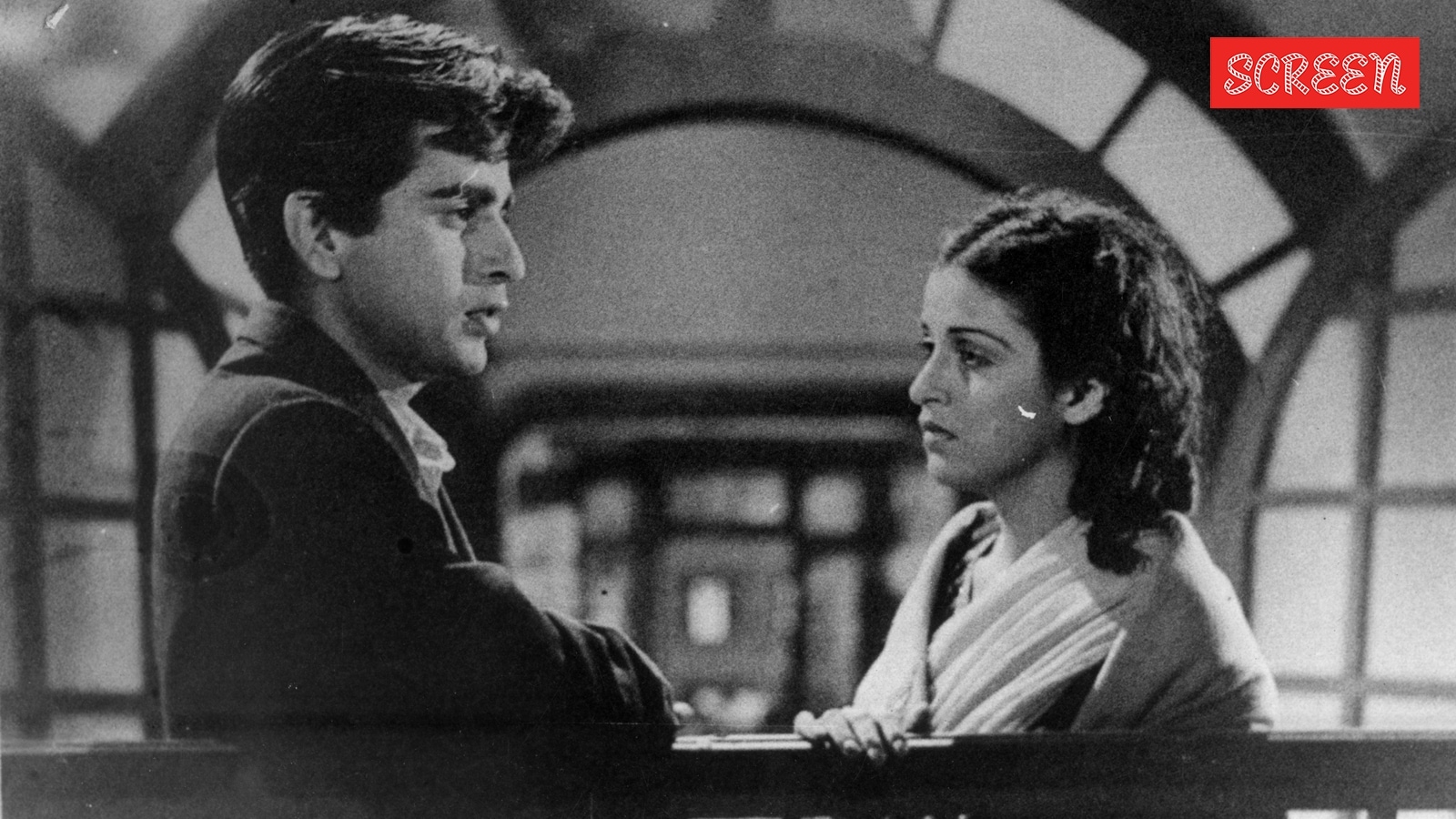The Delhi High Court on Monday dismissed a widow’s plea seeking Rs 50,000 as ex-gratia from the Defense Civil Medical Assistance Fund (DCMAF), holding that her claim that her husband’s “supposed death in an accident” lacks any factual or legal basis.
Justices Naveen Chawla and Madhu Jain said: “Despite filing an FIR and presuming the death of the deceased after a lapse of seven years, the assumption of ‘death in accident’ lacks any factual or legal basis.”
The apex court observed that the widow was not able to prove that her husband had met with an accident, which is a mandatory condition for granting relief under the DCMAF rules, which stipulate a sum of Rs 50,000 in case of “death in accident”.
The bench noted that ex-gratia assistance is provided only when death is due to either “specific medical conditions” or “accident” and not “mere presumption of death”.
The court also emphasized the provisions of Section 108 of the Indian Evidence Act, 1872, which states that the section deals with the presumption of the fact of death when the person has not been heard for a period of seven years, but covers “the specific circumstances surrounding the death”.
An advocate for the widow, Anirudh Sharma, said the situation of the deceased falls under the general definition of accident and hence the widow should be eligible for Rs 50,000 as ex-gratia under the DCMAF Act.
However, one of the lawyers representing the Union of India, Ribuddhaman Bhardwaj, said that the petitioner could not confirm that her deceased husband died as a result of an accident and that on the basis of assumption only, no ex-gratia amount could be paid.
Story continues below this ad
He asked for the petition to be dismissed, stating that none of the conditions stipulated under the DCMAF Rules had been met, and that the widow was already receiving all retrial benefits for the deceased employee.
The court noted that granting ex-gratia support in the event of non-compliance with the DCMAF rules would be outside the “scope of the legal framework” and rejected the widow’s application as being devoid of merit.
Background of the case
The deceased, Jai Singh, a vehicle mechanic with the Ministry of Defence, disappeared in 1999 while in the line of duty. He was presumed dead in 2006 by Civil Judge (Junior Division) Gurgaon under Section 108 of the Indian Evidence Act.
The wife of the deceased applied to the Supreme Court for ex-gratia relief challenging the May 2025 order of the Central Administrative Tribunal, which denied her relief on the grounds that an ex-gratia amount could not be granted on the mere assumption of death.
Story continues below this ad
The Supreme Court reaffirmed the decision of the Committee against Torture, stating that the case did not meet either of the two conditions set out in the DCMAF rule.
© IE Online Media Services Pvt Ltd
(tags for translation) Delhi High Court













